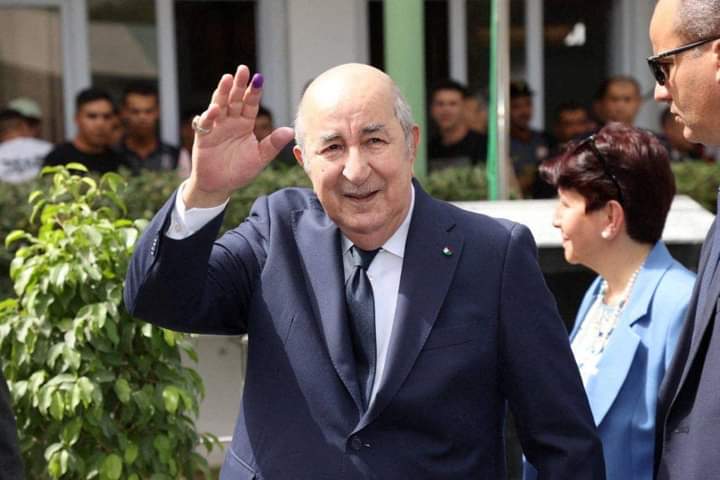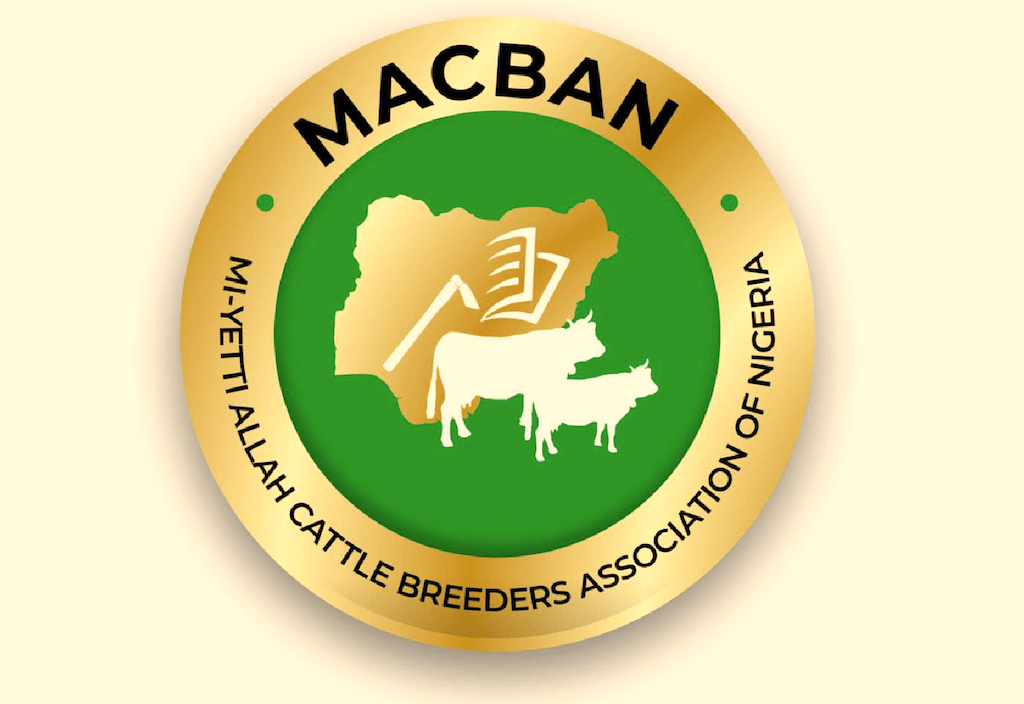President Abdelmadjid Tebboune has secured a resounding victory in Algeria’s latest presidential election, securing a second term to lead the resource-rich North African nation. The independent election authority announced on Sunday that Tebboune won an overwhelming 94% of the vote, with his closest challengers, Islamist candidate Abdelali Hassani Cherif and socialist Youcef Aouchiche, trailing far behind with just 3% and 2.1%, respectively.
This result, while unsurprising to many international and domestic observers, has once again raised questions about the health of Algeria’s democracy, five years after pro-democracy protests forced the resignation of Tebboune’s predecessor. Despite the landslide win, the election was marred by low voter turnout and accusations of political repression, undermining the legitimacy of the process in the eyes of many.
Voter Turnout and Legitimacy Concerns
While Tebboune’s victory was widely expected, the significant drop in voter participation paints a different picture of the country’s political climate. According to the election authority, less than six million of Algeria’s 24 million eligible voters cast their ballots on Saturday. This represents one of the lowest turnout rates in the nation’s electoral history, continuing the trend of widespread voter apathy that began during Tebboune’s first term.
Political analysts believe this dismal turnout reflects deep-seated disillusionment among the electorate, particularly among Algeria’s youth, who have become increasingly disengaged from the political process. Unemployment, poverty, and the perceived lack of genuine reform have fueled frustrations within the younger generation, which makes up a significant portion of the country’s nearly 45 million-strong population.
“Tebboune may have won the election by a wide margin, but he faces a bigger challenge of regaining the trust of the people, especially the youth, who feel marginalized and abandoned,” said political analyst Karim Yahiya. “Voter turnout is a key indicator of a functioning democracy, and Algeria is seeing warning signs that its system is losing credibility among its citizens.”
Protests Amidst Repression Shadow the Campaign
Tebboune’s campaign was conducted in an atmosphere marked by political repression, with international rights groups and opposition leaders denouncing the electoral process. Activists, opposition figures, and civil society groups accused the government of harassing and silencing critics, a trend that began following the mass protests of 2019, known as the Hirak movement, which ousted Tebboune’s predecessor, Abdelaziz Bouteflika.
Amnesty International and other human rights organizations criticized the lack of political freedom during the election period, citing the arrests and prosecution of opposition leaders, independent journalists, and peaceful protesters. “This election has been conducted under a cloud of repression, with the authorities tightening their grip on dissent,” said a representative from Amnesty International. “It’s clear that any meaningful opposition to the status quo is being systematically suppressed.”
In response to these allegations, Tebboune and his administration have maintained that the country’s elections are free and fair, emphasizing the role of Algeria’s independent election authority in overseeing the process. Throughout the campaign, Tebboune urged citizens to participate in the election, emphasizing the importance of political engagement, especially among the youth.
“We are building a new Algeria,” Tebboune said in a speech addressing the nation after the election results were announced. “Our country is on the path to greater stability and prosperity, and we must continue to work together to achieve these goals.”
Despite his words, many remain skeptical of the president’s commitment to genuine reform. Critics argue that Tebboune’s administration has done little to address the core issues that sparked the Hirak movement, including widespread corruption, economic stagnation, and a lack of political accountability.
Algeria’s Place in a Changing World
Algeria, Africa’s largest country by landmass, holds significant strategic and economic importance, both regionally and internationally. With its vast natural gas reserves, it is one of Europe’s key energy suppliers, a position that has only grown more critical in light of the global energy crisis caused by the war in Ukraine. The country’s political stability and leadership are, therefore, of great concern to European powers, particularly as the energy sector plays a vital role in both Algeria’s economy and its global partnerships.
Tebboune’s re-election comes at a time when Algeria’s regional neighbors are grappling with political instability, economic challenges, and evolving geopolitical dynamics. Tunisia, Libya, and Mali, for instance, are all dealing with their own internal crises, while the broader Sahel region remains a hotbed of insurgency and violence. Tebboune’s ability to navigate these regional pressures while maintaining domestic stability will be critical to Algeria’s future.
However, the question of whether Tebboune can implement the deep reforms necessary to address Algeria’s internal challenges remains unanswered. The country’s reliance on its oil and gas wealth has stifled economic diversification efforts, and the lack of investment in other sectors has perpetuated high levels of unemployment, particularly among the youth.
During the campaign, Tebboune made promises to prioritize economic reforms and job creation, but critics remain skeptical. “Tebboune has made these promises before, but we have yet to see any significant change,” said political activist Samira Benmansour. “The youth are tired of waiting. They want real solutions, not empty words.”
The Path Ahead
As Tebboune prepares to embark on his second term, he faces a difficult road ahead. While his overwhelming electoral victory might suggest stability, the low voter turnout and ongoing political repression tell a different story. The president will need to address not only the economic concerns of the Algerian people but also the growing democratic deficit that threatens the legitimacy of his rule.
If Tebboune can move beyond rhetoric and enact meaningful reforms, he may yet restore faith in Algeria’s political system. However, if his second term mirrors his first, characterized by unfulfilled promises and continued repression, he risks further alienating a population already weary of the status quo.
For now, Tebboune’s victory may have secured his leadership, but it has also laid bare the challenges facing Algeria—a nation that remains at a crossroads between progress and stagnation.




